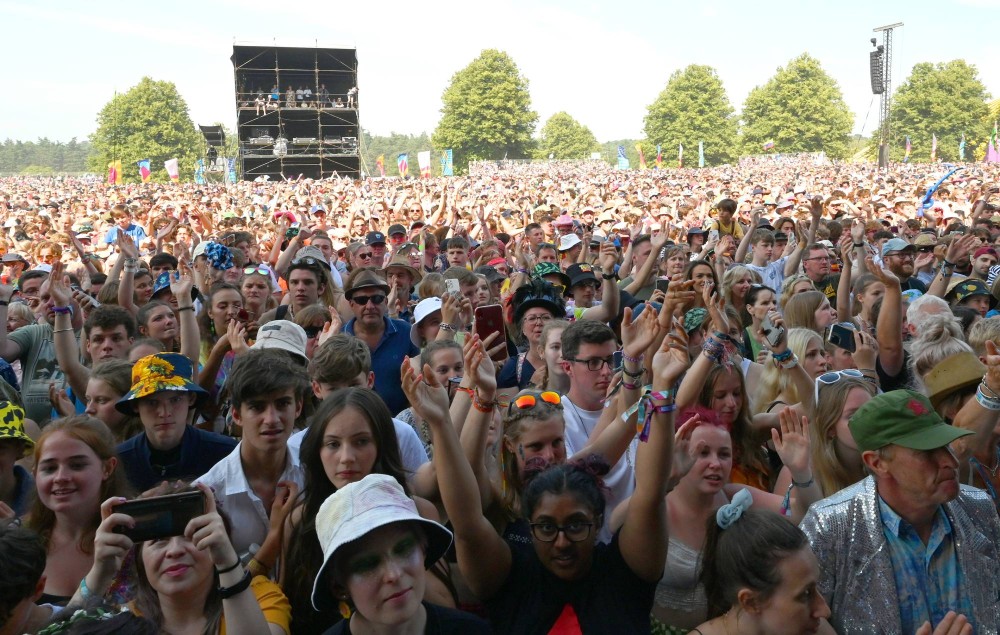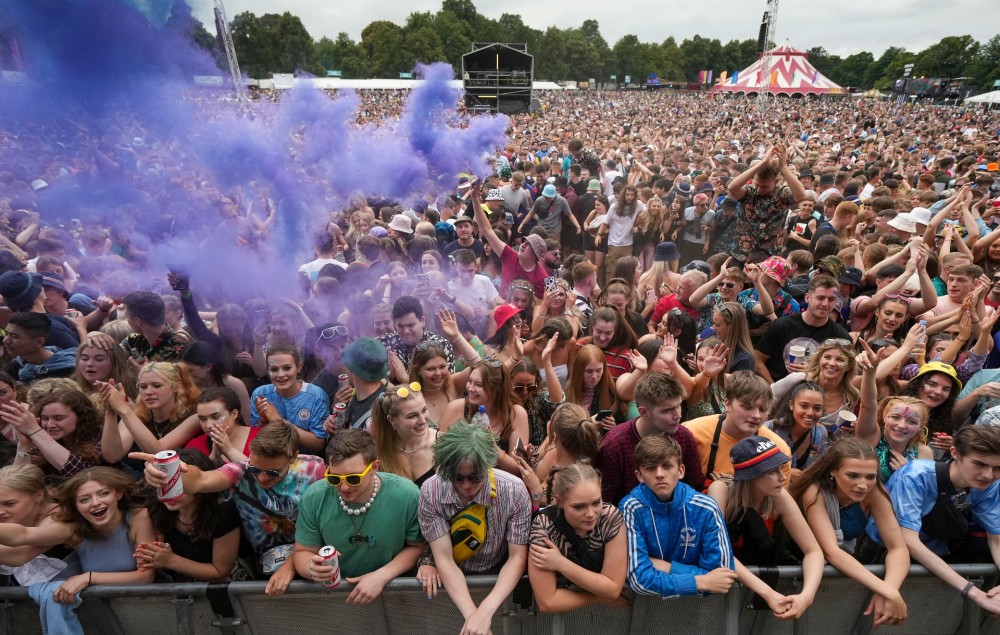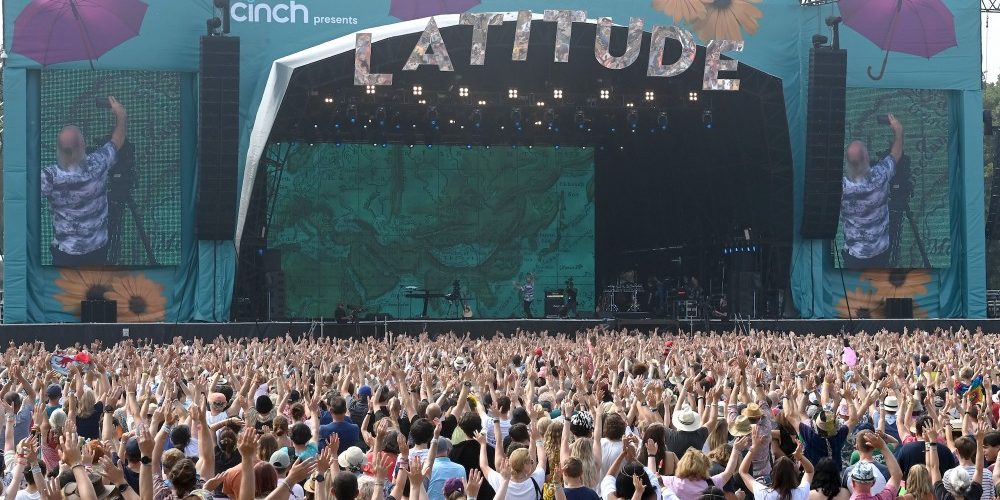Government publishes final Events Research Programme results
The government has published the final results from the Events Research Programme.
Over 30 pilot events took place over the course of a four-month period to determine the safety of large-scale gatherings post-COVID lockdown.
Included in the programme was an outdoor Blossoms’ show at Sefton Park in Liverpool, the BRIT Awards 2021 ceremony, Download Festival and Latitude – the latter of which being the first festival to return at full capacity after restrictions were lifted on July 19.
Back in August, data from NHS Test And Trace showed that “mass participation events can be conducted safely” while urging caution around “specific aspects of event participation”. It took into account all three phases of the ERP.
It was found that “case numbers were largely in line with or below community infection rates for the duration of the programme”. However, potential risks involved in attending “unstructured events” were noted. This included travelling and mixing indoors before, during and after events.
Published on November 26, the final ERP reports indicated that “numerous factors were likely to have contributed to the higher transmission risk at these events, including high rates of unvaccinated attendees, community prevalence at the time of the events studied, the structure of the events, and the behaviour of attendees leading up to and after attending these events.

“Therefore, the results may not be applicable to other contexts.”
The “individual risk” of attendees, meanwhile, was found to be “dependent on social interactions, on the interaction with the environment, and on the individual journey through an event”.
According to the findings, there was little evidence of increased COVID transmission by attending events in the following categories: mainly outdoor seated, mainly outdoor partially seated or the indoor seated theatre events studied.
However, it’s said that “caution is needed” when interpreting these results as some theatre events, for example, ran at or below 50 per cent capacity.
- READ MORE: Latitude 2021 review: exhilarating headliners and breakthrough acts galore
Mainly unseated outdoor events (including Latitude and Tramlines) were associated with a 1.7 fold increased risk of COVID-19 transmission amongst attendees (95 per cent confidence interval between 1.52 and 1.89).
“For context, the risk of infection in the baseline period was ~0.9 per cent for Latitude attendees in the study; a 70 per cent increase would take this risk to 1.53 per cent. This confidence interval means the estimate of 70 per cent is robust due to the large number of attendees (over 2000) at these events.”
It continued: “Reasons for this difference in transmission risk are likely to be multifactorial and could include behaviour whilst at the event, overall event size and duration or mode of travel to and from the event.

“It should also be noted that these results are set against the background of a particular epidemiological situation, and the possibility remains that new variants arise that are more transmissible and possibly less responsive to vaccines than those encountered in our studies, which would change transmission risk.”
Elsewhere, the document said that “it is not yet possible to directly quantify the passive risk of inhaling aerosol particles that carry the virus from ambient air. However, risk is increased with prolonged and repeated exposure to poor air quality, insufficient ventilation, reduced distancing between individuals or limited compliance with face covering.
“It was found to vary significantly among venues and even within the same event, implying that customers can choose lower risk environments and behaviours to reduce their personal risk. Risk assessments and possibly additional mitigations should be considered separately for staff.”
Analysis of the data will continue, with “further investigation of key risk factors” being used for new modelling and to inform policy guidance. It’s said that venues should keep in mind “ventilation strategy, occupancy, operations, space utilisation, and people movement within an overall risk assessment tailored to each venue”.
Professor Dame Theresa Marteau, Chair of Events Research Programme Science Board, said: “It has been a pleasure to lead the Science Board that has overseen this large-scale science-lead programme researching the risk of transmission from attending live events to help people get back to doing the things they love.
“We have gathered large amounts of data that can be used by the scientific community worldwide, event organisers and government for the best understanding to date of the risk of transmitting coronavirus at live events and how we can best keep this risk low.
You can read the results in full here.
